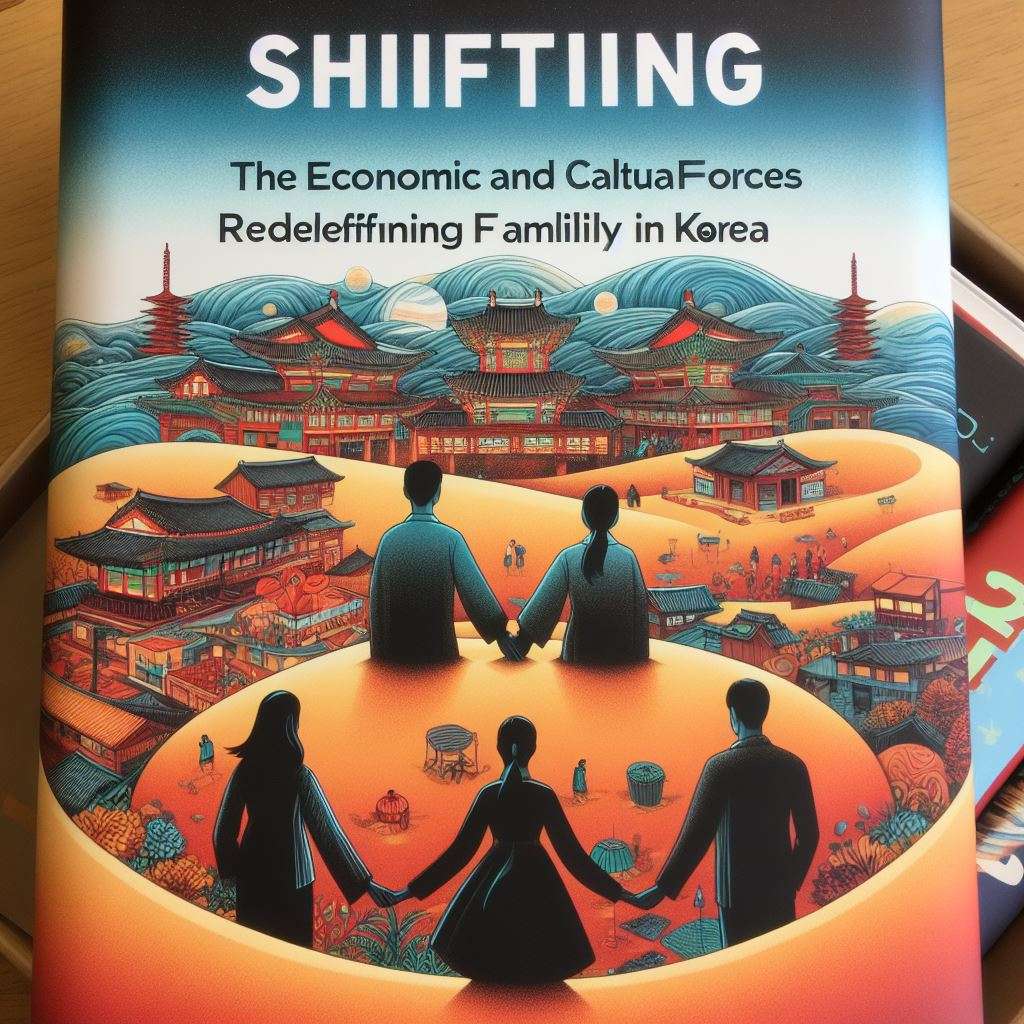The Vanishing Generation: Unpacking the Reasons Behind Korea’s Demographic Shift
Post-Korean War Baby Boom: Post-1953, South Korea experienced a significant baby boom, a common phenomenon following major conflicts. This period was marked by high birth rates, setting a demographic foundation that would influence the nation for decades. Economic Development and its Impact: The rapid economic development from the 1960s to the 1990s, often referred to … 더 읽기



